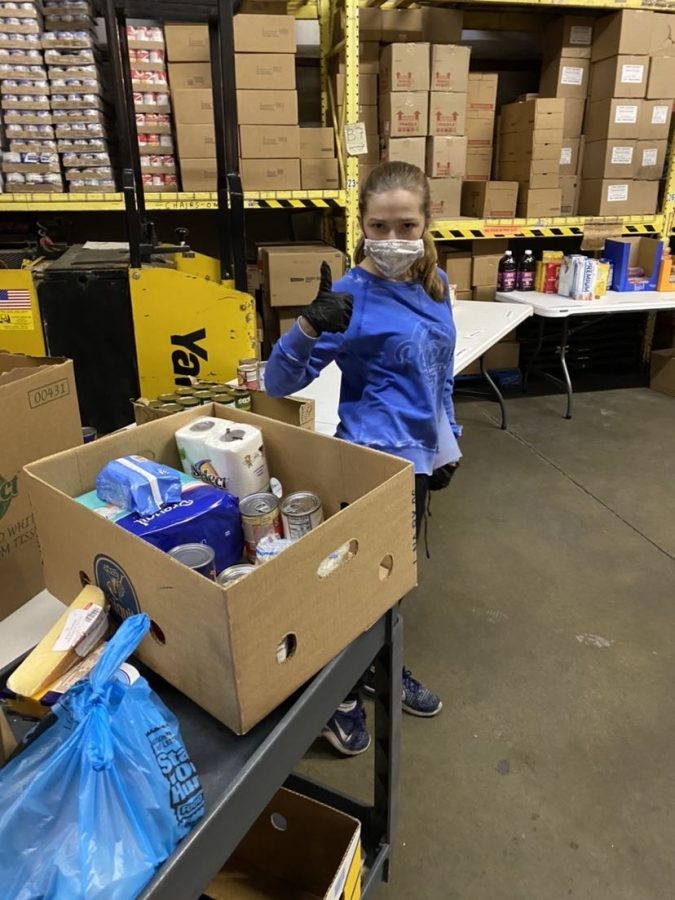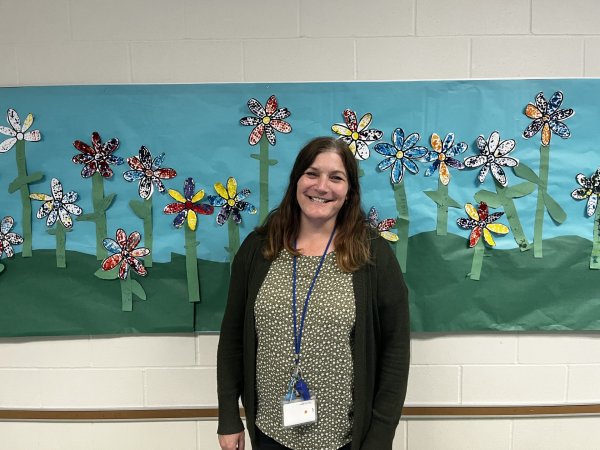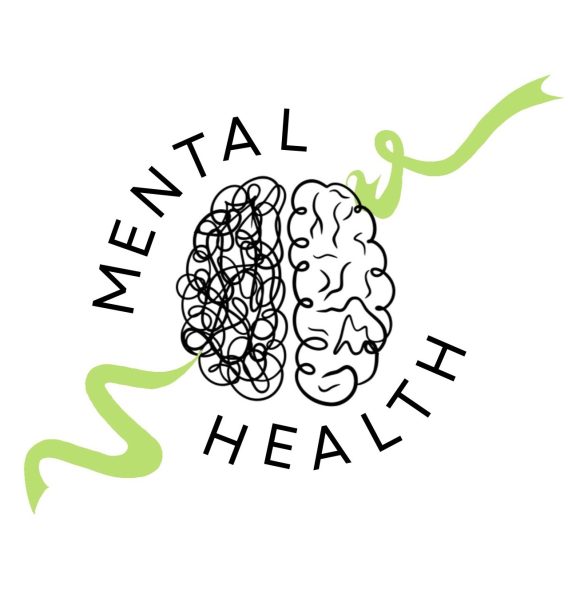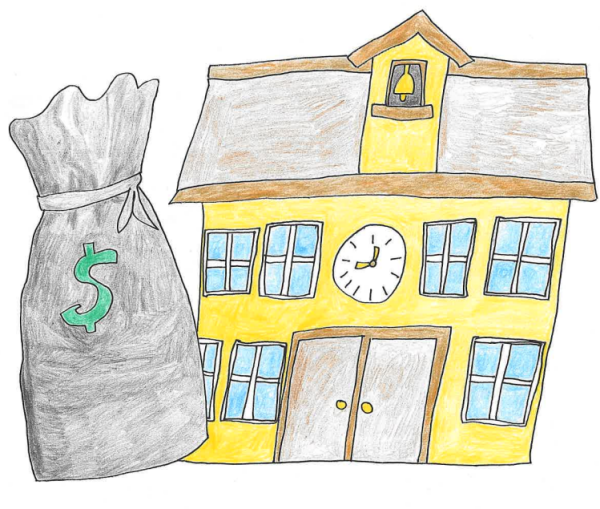Food shelf supports families across county during difficult times
Sophie Kuether (10) is one of various Key Club volunteers at Southern Anoka Community Assistance.
Amidst all the chaos during this pandemic, there are those without a home, those who are unemployed, those who are starving and those who are in many more situations unimaginable. Mixed into the bunch, there have also been heroes, with or without capes, but one of those heroes shines especially bright locally. The non-profit organization SACA is leading a path of hope for Columbia Heights, as well as other neighboring communities.
Southern Anoka Community Assistance (SACA) is a food shelf and thrift store that has been committed to servicing many cities with an astounding 44 years of service since its founding in 1976. SACA, located on 38th Avenue NE, serves Columbia Heights and other surrounding communities like Hilltop, Fridley, Spring Lake Park and Northeast Minneapolis.
SACA’s mission is to provide food and resources to those in need whilst empowering principles such as dignity and independence to those who are served in the community. Their client choice food shelf model allows them, on average, to serve 1,400 families in crisis, equating to almost 58,000 pounds of food monthly. Anyone residing in Southern Anoka country is welcomed to make an appointment and pick up food at the SACA center. Whether it is on a monthly basis or a one-time instance, SACA is there to provide for anyone in need.
“SACA is open 4 days a week for 8 hours, which allows more people to access food,” SACA senior delivery coordinator Ann Skaja said. “We make it easy for people to access food by limiting obstacles. There are no financial barriers or qualifications that are needed to be met. If someone needs food, we give it to them.”
The organization’s thrift store is another way they assist those in need. Open to the public, the shop has a collection of clothing and small home goods at affordable prices, giving convenient access to other essential items that aren’t food-related. Though it is not currently open due to COVID-19, donations such as warm clothing are still accepted. They hope to re-open in the summer once community transmission numbers drop more.
With the ongoing pandemic, families are in need of help more than ever, be it food or clothes. Ever since the rapid and unpredictable movement of COVID-19 in early March 2020, SACA has decided to step up by creating new safety protocols and upping its communication channels. They would have to spread their resources and services over the next 12-18 months.
Currently, SACA is run by a small number of dedicated staff, and with the help of volunteers, they are able to service those in need even amidst the chaos in the pandemic. A whopping 93 percent of SACA’s weekly hours are fulfilled by volunteers alone. Without their help, moving forward in this particular time of crisis would be difficult for SACA.
Fortunately, SACA has recently partnered up with Columbia Heights High School’s Key Club, an after-school extracurricular dedicated to volunteering. The club is currently involved in two separate events with SACA—one monthly and one weekly. During the monthly event, members can take up a packing, loading or delivering role. Products such as produce, canned goods, toiletries and more are packed into boxes and delivered to homes that need them, including senior living homes, apartments, residential houses and other living complexes. During the weekly event, which takes place every Wednesday from 4 p.m. to 6 p.m., Key Club members fulfill various tasks around the warehouse, food shelf and thrift store, which vary but often includes taking out the garbage, recycling, moving boxes, filling up bags with pet food and more.
“Initially, we worked with Metro Mobility [and] Columbia Heights Police, Fire and Public Works departments to make the deliveries,” Skaja said. “That was not a sustainable model, so in early summer we reached out to Kiwanis and Key Club about getting them to volunteer. I don’t think the members realize the impact they have had. The work they do is so incredibly important. Cleaning, sorting through donation bins, composting, breaking down boxes; [it] all is critical to keeping our doors open so that we can serve those in need.”
Anyone can volunteer to help SACA out, whether it’s in the warehouse, the store or at events. For those unable to contribute in-person, there is also a way to help online via monetary donation. For as little as $3.12 per day, SACA can provide breakfast, lunch and dinner to a family of four in need. Those interested in volunteering can visit SACA’s website for more information about volunteering opportunities.
No matter how small, one kind gesture can go a long way to those in need, especially during scary times like these. If you have the opportunity to donate or contribute to a great cause, seizing it would be the best course of action because every little bit helps. Volunteering at SACA is a good place to start if you’re unsure where to step in the right direction. As Walt Disney once said, “The way to get started is to quit talking and begin doing.”

Sachi Yang is a Junior here at CHHS. He is the Opinion Editor for the Heights Herald! He wanted to join the Heights Herald to better his writing skills...

Kwot Anwey is a Senior at Columbia Heights High School and she is currently the Co-Editor-in-Chief of the Heights Herald. She enjoys journalism because...







